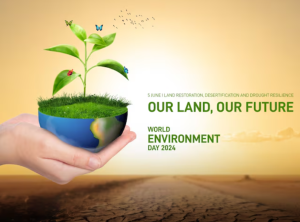Green mobility is the future as was evident at the Auto Expo 2023 that concluded in Greater Noida last week. Auto companies showcased a wide range of concept vehicles and upcoming models with a wide array of fuel technologies.
From domestic auto players to luxury carmakers, two-wheeler majors and commercial vehicle majors, the entire industry is preparing itself for a range of technologies as the energy mix evolves. With diesel seeing a downward trend, there is an increasing preference for CNG, and with Ethanol set to be blended in greater ratios with petrol, flex fuel technology cars in India are set to debut by 2025.
Passenger cars, like with 2-wheelers and 3-wheel for last mile mobility – will be largely powered by electricity, and hydrogen cells will gain momentum as the Green Hydrogen infrastructure firms up.
Connected cars are no longer a figment of one’s imagination and the plethora of vehicles unveiled with this technology at the Auto Expo 2023 is a testament to this fact. To keep up with these advancements, the widespread proliferation of 5G connectivity is crucial to ensure that these features can be utilised across the length and breadth of the country.
As auto companies commit to investing in sustainable mobility, a German luxury car maker emphasised its focus on sustainability and said that 30% of its dealers and franchise partners will use only green energy by the end of this year. To further boost the adoption of EVs, the company is also investing in building a high-performance charging network for its cars in its main markets.
The Future of Mobility in India will be an amalgamation of various green fuels powering our vehicles, combined with vast upgradation of the requisite infrastructure. Various incentives and subsidies have already been introduced by the government to facilitate this change, and others will be designed in consultation with the industry so that they are aligned with the market requirements at that point in time. For consumers, we expect that more attractive financial incentives will be introduced to help them adopt green fuel vehicles over conventional ICE ones.
It is time for all the stakeholders including government, policymakers, academics, corporate leaders, energy providers, emerging startups and ecosystem enablers to engage and work towards sustainable mobility.




